6th Annual USU Behavior Education System and Training Conference (USU-BEST)
2023 Conference Cancelled
Conference dates: June 20 & 21, 2023
Watch for 2024 conference information
Resources
2023 Conference Sessions
De-Implementation: Creating the Space to Focus on What Works
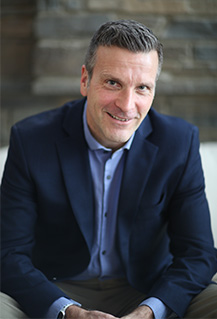
Session Summary: Workloads have increased the last two decades and educators are more anxious now than during the pandemic. Job stress negatively impacts educators’ implementation of classroom and school initiatives, obstructing student learning. This keynote focuses on “de-implementation,” or removal of low-value practices, which impair implementation and student learning and heighten teacher and leader stress.
Presenter: Peter Dewitt, Ed.D., is a former teacher (11 years) and principal (8 years) who facilitates workshops and provides keynotes nationally and internationally focusing on leadership, coaching and fostering inclusive school climates. DeWitt’s work has been adopted at the university, state level and national level, and he works with numerous districts, ministries of education, school boards, regional and state organizations where he facilitates workshops for leaders, leadership teams as well as coaches building and district leaders. Peter is the author of several books including Collaborative Leadership: 6 Influences That Matter Most (Corwin Press/Learning Forward) and School Climate: Leading with Collective Efficacy (Corwin Press/Ontario Principals Council. 2017), Coach It Further: Using the Art of Coaching to Improve School Leadership (Corwin Press. 2018), Instructional Leadership: Creating Practice Out of Theory (Corwin Press. 2020), Collective Leader Efficacy: Strengthening Instructional Leadership Teams (Corwin Press/Learning Forward. 2021), and De-Implementation: Creating the Space to Focus on What Works (Corwin Press. 2022). His articles have appeared in education journals at the state, national and international level, and he has presented at forums, conferences, and panel discussions at state, national and international conferences.
Doesn't Everybody Need Fluency?
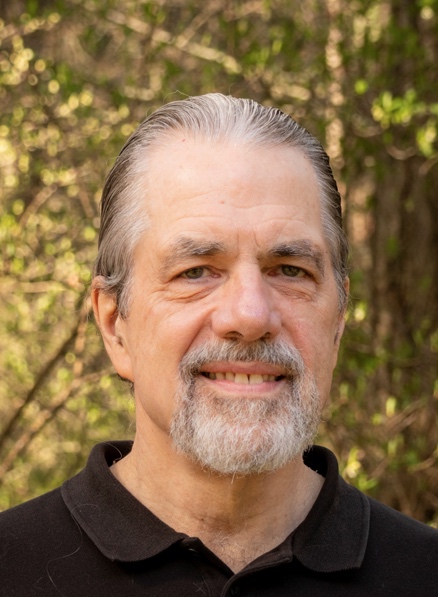
Session Summary: The concept of fluency” is often applied to skills such as reading or foreign language learning, but fluency can be achieved in any skill or knowledge element with deliberate practice. While some practice strategies focus on repetition that can decrease motivation to learn, this keynote will describe how educators can arrange deliberate practice based on basic behavior science that rapidly accelerates performance toward true mastery—and is fun for both learners and teachers.
Presenter: Dr. Carl Binder is CEO of The Performance Thinking Network, a firm that certifies organizational performance consultants and develops leaders and managers worldwide. He studied behavior science at Harvard with B.F. Skinner in the 1970s, and conducted both laboratory and applied research as Associate Director of B.H. Barrett’s Behavior Prosthesis Lab during the 1970s, where his research focused on discoveries measuring behavior frequency using the standard celeration chart in classrooms, clinics, and multi-disciplinary therapy teams. His dissertation, advised by Eric Haughton, focused on what is now called “endurance” – the relationship between behavior frequency and practice duration for skilled behavior. Ogden Lindsley encouraged him to move from education to corporate performance improvement in the early 1980s, and apply what they had learned with the standard celeration chart. He joined the International Society for Performance Improvement (ISPI), where he met and was mentored by thought leaders including Tom Gilbert, Joe Harless, Geary Rummler, and Don Tosti. He embraced accomplishment-based performance improvement, as taught by Gilbert and Harless, and has spent the ensuing 30 years making performance improvement and fluency-based instruction accessible to non-specialists using plain English language and simple visual models. Carl has published several dozen chapters and articles, including his 1996 paper entitled Behavioral Fluency: Evolution of a New Paradigm, the 12th most cited publication in the 40 years of The Behavior Analyst journal. He has received career achievement awards from the American Psychological Association, the International Society for Performance Improvement, the Organizational Behavior Management Network, and the Standard Celeration Society. He lives on Bainbridge Island, near Seattle, and can be reached by email at CarlBinder@sixboxes.com or on Twitter @dr_carlbinder. Learn more about his work at www.PerformanceThinking.com, PerformanceThinking.tv (his YouTube channel) and www.Fluency.org.
Two Related Publications:
Doesn’t Everybody Need Fluency? http://binde1.verio.com/wb_fluency.org/Publications/Binder.2003.pdf
Behavioral Fluency: Evolution of a New Paradigm http://binde1.verio.com/wb_fluency.org/Publications/Binder1996.pdf
Freeing Educators Up to Focus on Teaching and Learning
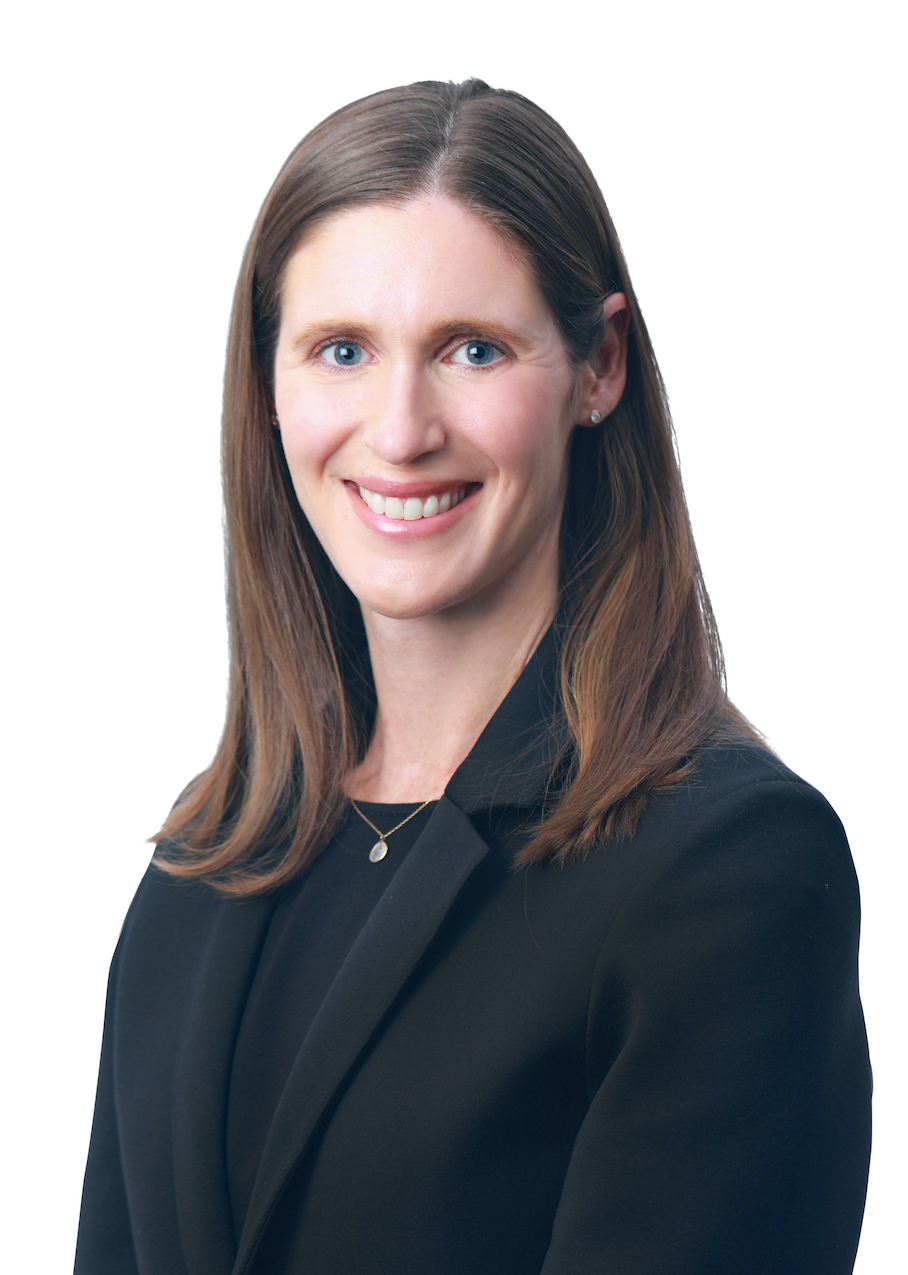
Session Summary: We will share strategies to ensure teachers can appropriately focus on what they do best, student learning. We will share what works for us to answer the following questions: What can administrators do to remove as much as possible from teachers so they can focus on student learning? What can teachers appropriately do to encourage removal of items from their plates so they can focus on student learning.
Presenter: Stacey Gershkovich started her education career as a first grade teacher at PS 138 in the Bronx. She joined Success Academy in 2006, as the founding science teacher at the network's first elementary school. Stacey would go on to serve as founding principal of SA Harlem 5, before joining the network team to oversee mathematics, science, and scholar talent as Managing Director of STEM. She then served as Managing Director of Schools, where she coached and supported leaders at a portfolio of SA schools. Stacey received her undergraduate degree from Emory University, her Master's in Education from Pace University, and is currently pursuing a PhD in Teaching and Learning with a focus in Mathematics Education at NYU. She is mom to Jake, Emma and Riley.
Yes! Teaching Can Obstruct Learning! Does Yours?

Session Summary: Student learning has occurred and is evidenced when students can read, write, speak, calculate, and demonstrate in ways not achievable, before they learned. Unwittingly, the processes employed as intended catalysts to student learning can be obstructions. Though the focus and goal of teaching is student learning, teaching can directly and unintentionally obstruct learning. The focus of this session is to identify common teaching actions that obstruct student learning, or otherwise limit student learning, and to learn about teaching actions which stimulate and nurture learning.
Presenter: Dr. David Forbush has worked in education for 28 years. He has worked as an assessment specialist, school psychologist, Title I coordinator, special education director, project director – multiple federally funded projects, university pre-service trainer, academic interventions clinic director, and director of a state-wide professional development system. He is the Associate Director for The Center for the School of the Future at Utah State University. Among other projects and responsibilities, he currently coordinates USU’s charter school authorization efforts, and coordinates the Behavior Support, Consultation and Training Service. He is interested in evidence-based practices and in the implementation of those practices to good effect on student learning and behavior. Dr. Forbush has been recognized in a myriad of ways of the years, but for him, one of the most impactful recognitions was being honored as Utah’s Director of Special Education of the Year in 2013. He lives in the Cache Valley with his wife who is a 5th grade teacher. He has two daughters who are educators. He likes to read and write, road and mountain bike, paddle board, ski, snowshoe, snowmobile and play with his four grandchildren.
A Compassionate Approach to Behavior Consultation
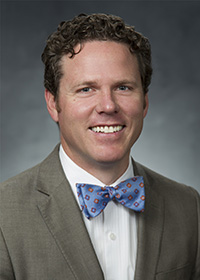
Session Summary: Many popular models of behavior consultation produce either limited or short-lived outcomes. A common response when this happens is to explain the problem in terms of inadequate implementation fidelity (i.e., the teacher isn’t doing it right) and then layer on an implementation fidelity intervention (e.g., performance feedback). This approach can be overwhelming, frustrating, and discouraging for the teachers. Additionally, it can damage the consultation relationship rendering future efforts ineffectual. In this session we will discuss an alternative approach to behavior consultation that is teacher focused and adaptable in a way that has the potential to avoid the pitfalls associated with other models.
Presenter: Christian Sabey, Ph.D., is a professor of special education at Brigham Young University and a Board-Certified Behavior Analyst. His work focuses on supporting students with emotional/behavioral disorders and their parents and teachers. He has broad experience in the field including working as a wilderness therapist, school psychologist, and a behavior specialist. Most recently, he has been working on helping special education teachers find meaning and purpose in the challenging work they do.
A Structured Approach to Teaching Self-Determination
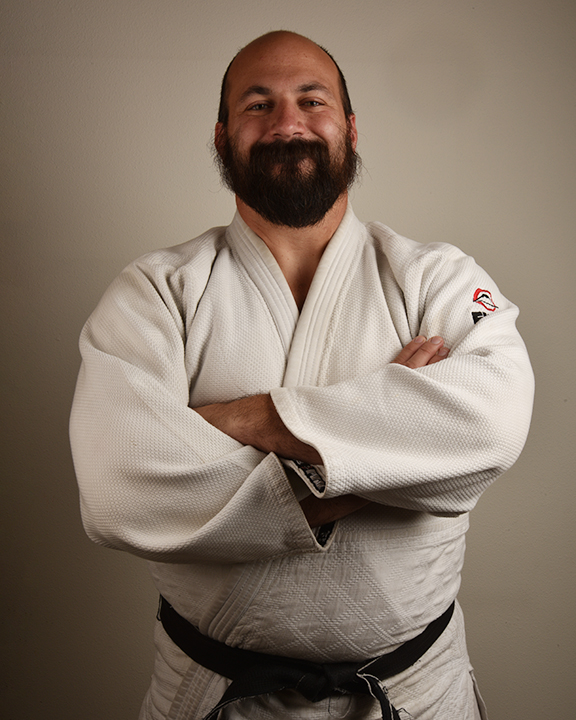
Session Summary: Using intentional teaching to empower students to act more autonomously in their own learning, reduce the use of coercive teaching strategies, and increase student accountability. Self-Determination strategies help put students in the driver’s seat to set goals, build self-regulation skills, and take more responsibility for their own learning. A wide range of learners will be presented, including students in general education, students with significant disabilities, and elite youth Judo students competing at the National or International level.
Learning Targets: Session members will be able to name the benefits of self-determination, define the major components of self-determination, list multiple strategies to teach self-determination, describe underlying concepts and analytical tools, reflect on the strategies, and plan to apply these new skills.
Presenter: Jonathan Semetko has had 16 years as a special education teacher. He is also a two time national champion--M3 Heavyweight and USA Judo (2021 and 2022). He is nationally ranked as the #1 M3 heavyweight classification, under USA Judo, under the United States Olympic and Paralympic Committee.
Effective “Tools” to Increase Student Engagement and Learning Outcomes

Session Summary: Research shows the most common reason for students to escape or avoid the classroom or learning experiences is to get away from instructional stimuli. In this session we will discuss what stimuli students are trying to escape or avoid and why. We will learn appropriate tools to build classrooms that are welcoming, inviting, and fun and that keep students participating and engaged in their learning. If you have ever hammered a nail into the wall with the heel of a boot, water bottle, or other household item, you know how much more efficient and effective a hammer would have been. This session will equip you with the right “tools” for the job of generating student learning by helping you build classrooms that promote happy, successful students.
Presenter: Christine Manning is a Board-Certified Behavior Analyst (BCBA) and a Licensed Behavior Analyst in the state of Utah. She has a passion for helping children with autism and other abilities in the home and school settings. She enjoys collaboration with administrators, teachers, and parents in support of children with challenging behaviors using evidence-based interventions. She worked as a special education teacher and principal for Spectrum Academy in North Salt Lake for 10 years, supporting children with autism. She worked for the Utah State Board of Education (USBE), as an education and behavior specialist in the special education department. These experiences have allowed her to grow and fulfill her life-long desire to help children be successful. She currently works as a behavior and special education consultant for Utah schools and contracts with Utah State Center for Schools of the Future Behavior Supports Team. She is the chair of the UtABA School Collaboration Committee supporting behavior staff in Utah schools. She is part of the Utah School Mental Health initiative working to promote mental health services in schools with wrap around services in the community. She is the Director and owner of Manning Behavior Services, an in-home ABA clinic serving clients along the Wasatch front. She has a genuine compassion and dedication to serving children and families and takes joy in supporting people in living happy and fulfilling lives.
Compassion, Joy, and Reinforcement...Let's Make Instruction and Learning Fun!

Session Summary: Educators have an incredibly difficult job but vital role. In the United States, 44% of teachers in K-12 education said they very often or always feel burned out at work, while for college or university teachers, the figure was 35%. These are the top two occupations among 14 listed in the 2022 Gallup Poll on occupational burnout. How do we address this issue? In this presentation, we will tackle how to infuse joy into instruction and learning through reinforcing strategies, which can often minimize challenging student behavior.
Presenter: Dr. Katie has over twenty years of experience working with children and adults with disabilities in a variety of environments. Most of her experience is with children with autism and severe disabilities; she has served as a behavior specialist, special educator, coach, special education coordinator, and currently works as an assistant teaching professor in the World Campus Applied Behavior Analysis graduate program at Pennsylvania State University. In addition, she worked as an implementation specialist for the Utah Professional Development Network where she delivered trainings throughout the state on the topic of addressing challenging behavior, and currently works as a team member for Behavior Support, Consultation, & Training at the Center for the School for the Future.

